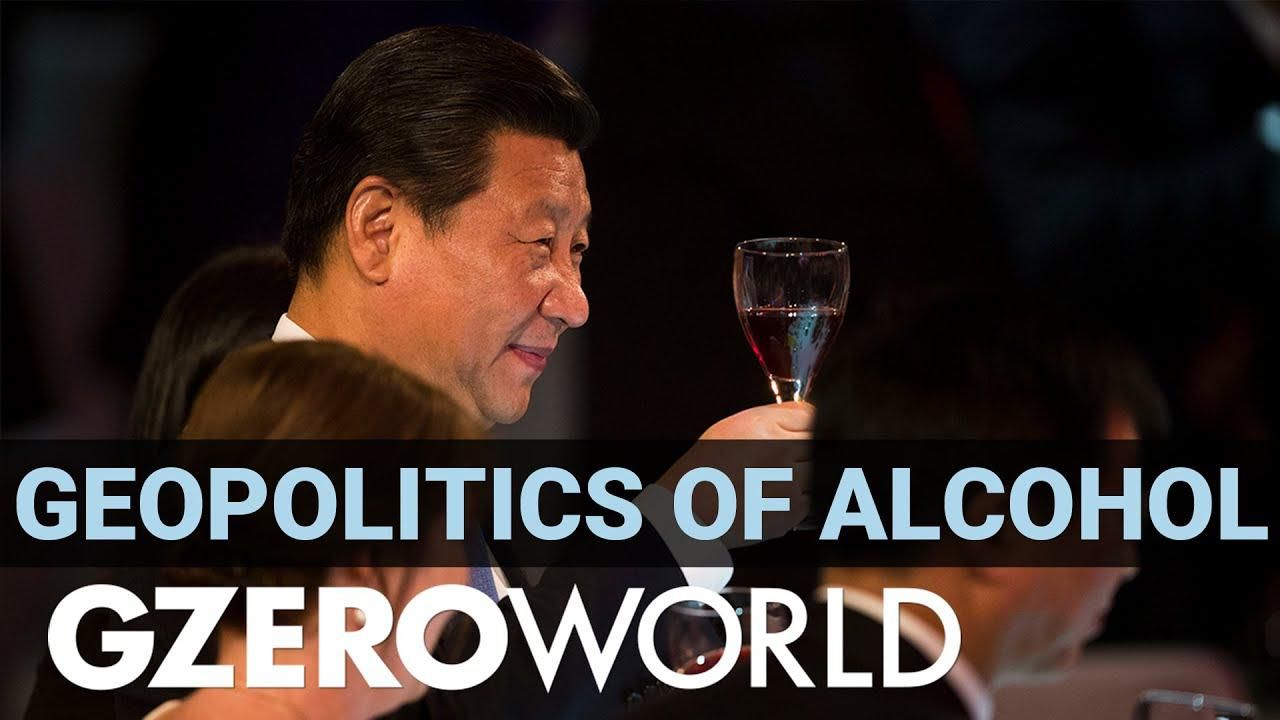GZERO World with Ian Bremmer
The (political) power of alcohol

The Political Power of Alcohol | GZERO World with Ian Bremmer

Alcohol. It's a dangerous drug that has ruined countless lives and derailed many a global summit. But it's also humanity's oldest social lubricant, a magical elixir that can fuel diplomatic breakthroughs, well into the wee hours of the night. As Winston Churchill once quipped, "I've taken more out of alcohol than alcohol has taken out of me." On GZERO World, we take a deep dive down the bottle and examine the role alcohol has played in society, politics, and global summitry—from the earliest hunter-gatherer days to that memorable Obama Beer Summit in 2009. Joining Ian Bremmer is philosopher Edward Slingerland, whose new book Drunk: How We Sipped, Danced, and Stumbled Our Way Into Civilization makes a compelling, if nuanced, case for alcohol's place in the world.
Also: since alcohol isn't the only social drug, a look at the state of marijuana legalization across the US and around the world.
Is Venezuela entering a real transition or just a more volatile phase of strongman politics? In GZERO’s 2026 Top Risks livestream, Risa Grais-Targow, Director for Latin America at Eurasia Group, examines Delcy Rodríguez’s role as Venezuela's interim president after Nicolás Maduro.
It’s been just over 48 hours since US forces conducted a military operation in Caracas and seized Venezuelan strongman Nicolás Maduro, and the future governance of the country – and the US role in it – remains murky.